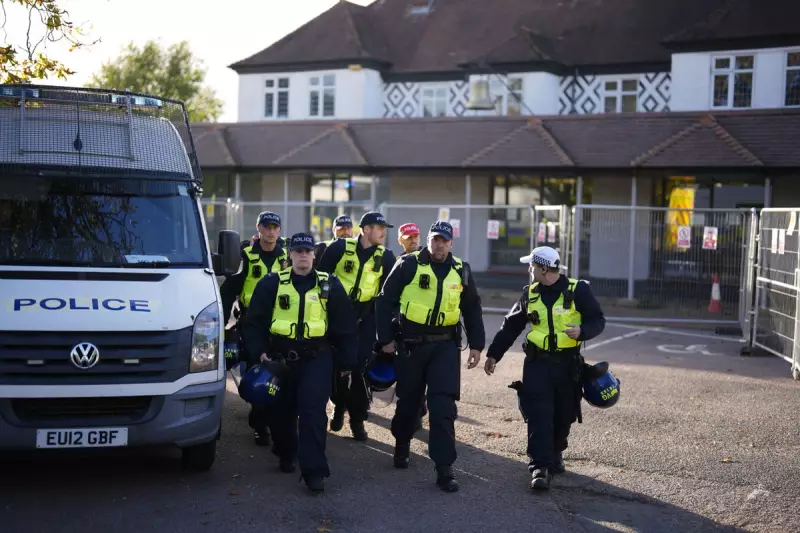
In a world facing escalating armed conflicts, deepening humanitarian crises, and accelerating climate displacement, Britain's global role is more critical than ever. Former ministers Emily Darlington and Gareth Thomas have issued a stark warning against prioritising defence investment at the expense of the UK's vital soft power, urging the government not to renege on its foreign aid commitments in the upcoming budget.
The High Cost of Turning Inwards
The authors, drawing from their experience in the Treasury and the Department for International Development (DfID) during the last Labour government, highlight that international cooperation was the key to navigating the global financial crisis. They argue that the subsequent inward turn, exemplified by Brexit and the Covid pandemic, demonstrated a painful truth: when nations retreat, economies weaken, diseases spread unchecked, and global shocks hit harder.
This lesson was ignored, they contend, when the Conservative government made a strategic misstep in 2021. The decision to slash the aid budget and abolish DfID was executed with reckless haste, leading to vital programmes being axed mid-cycle and international partners left scrambling. The result was a serious blow to Britain's reputation and tangible suffering in the world's poorest communities, where clinics closed and schools shut down.
The Current Squeeze on Aid Effectiveness
The situation remains precarious. The recent temporary reduction in aid spending is a disappointment to those hoping for a steady return to the UN target of spending 0.7% of Gross National Income (GNI). While bolstering defence is clear, eroding the soft power delivered by development assistance is a mistake.
Compounding this issue is the diversion of the aid budget to cover domestic costs. Around one-fifth of the aid budget is now consumed by in-donor refugee costs, predominantly for asylum hotels, rather than reaching the world's poorest people. This proportion is projected to rise to one-third next year.
These hotels are described as expensive and unsuitable, leaving families in isolating conditions for months or even years. The former ministers argue that as the government works to end the use of asylum hotels, the savings should be returned to the Foreign, Commonwealth & Development Office (FCDO) to fund bold action that addresses the root causes of displacement.
A Call for Strategic, Long-Term Leadership
Britain's influence in multilateral institutions like the United Nations and the World Bank relies on predictability and consistency. When aid commitments fluctuate or are redirected at short notice, progress slows and Britain's voice is weakened. This stability is not a bureaucratic nicety but the foundation of meaningful global change.
The success of the UK's world-class universities and research institutions serves as a powerful reminder of the value of patient, strategic investment. Development funding should follow the same logic, maximising long-term impact and protecting public money.
Therefore, Darlington and Thomas are calling for the Chancellor to provide a clear, phased roadmap to return to the 0.7% of GNI aid spending target. This would not be an overnight leap but a transparent trajectory that allows for effective planning, protects taxpayer money from the waste of abrupt cuts, and safeguards the world's most vulnerable communities.
Such a move would send a powerful signal to allies and competitors that Britain is prepared to lead with principle and foresight. Development assistance is not mere charity; it is a strategic investment in a safer, more stable, and prosperous world—an outcome that fundamentally serves Britain's own interests and reflects its values.





